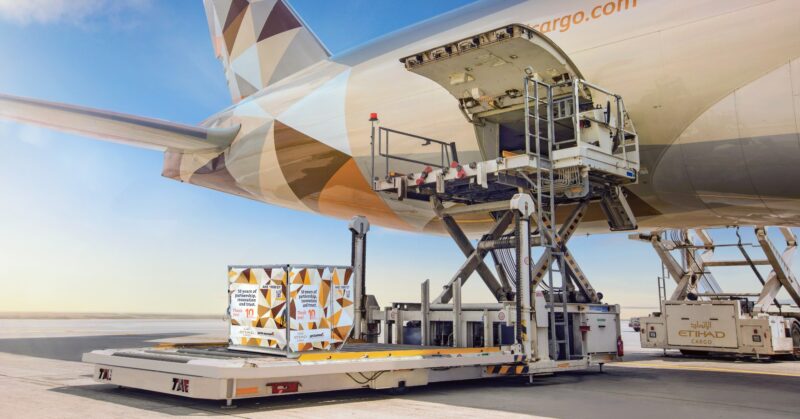IATA WCS highlights humanitarian role of airfreight

“At a time of crisis, aviation is there,” said IATA Director General Willie Walsh at the IATA World Cargo Symposium held in Istanbul on 25 April.
Speaking of the crucial role aviation plays during natural disasters and other humanitarian crises, Walsh noted that “connectivity is essential to get aid and first responders to where they are needed”. He cited the example of the recent earthquake in Southern Turkey and Syria, stating that “airlines helped save lives in the immediate aftermath of the earthquake. And airlines continue to help accelerate the recovery with vital cargo shipments.”
IATA estimated that a review of 29 key carriers serving the Turkish market found that these airlines had delivered over 3,500 tons of aid in the form of jackets, blankets, toilets, food, power generators, tents, medical supplies, and other items from over 90 countries following the earthquake. They had also operated over 350 relief and repatriation flights, and provided transport for more than 130,000 responders from across the world.
IATA praised US-based non-profit organisation Airlink for coordinating donated airline resources with NGO needs. Working with its NGO and airline partners, Airlink has coordinated the transport of 1,000 tons of aid supplies to the affected area, with an additional pipeline of 300 tons. Airlink lists partner airlines for the Turkey-Syria earthquake relief effort as Turkish Airlines, United Airlines, and American Airlines.
Walsh noted that airlines make “an enormous positive contribution to humanity by connecting people, cultures, businesses and economies” every day, fostering economic growth and social development as a result. “When disaster strikes, these links become even more critical,” he said. “Everyone in aviation can be proud of the essential supplies, critical talent and hope that planes carry to disaster affected areas. With that in mind, we encourage all our stakeholders to join us in ensuring that aviation can fulfill this role by becoming ever more safe, secure, reliable and sustainable.”
